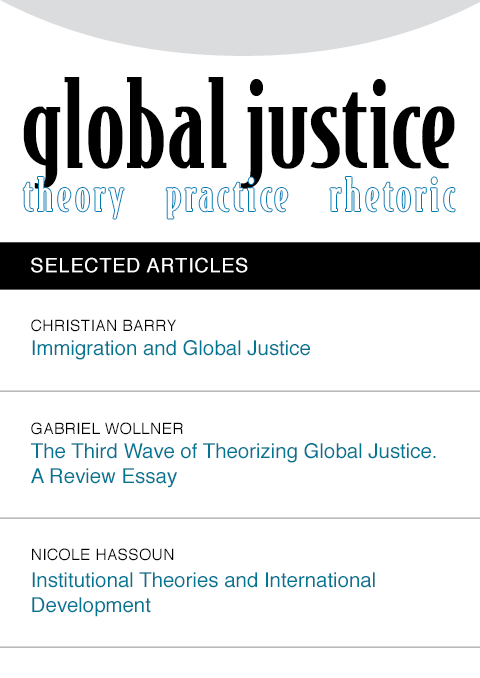The Normative Demand for Deference in Political Solidarity
DOI:
https://doi.org/10.21248/gjn.14.01.274Abstract
Allies of those experiencing injustice or oppression face a dilemma: to be neutral in the face of calls to solidarity risks siding with oppressors, yet to speak or act on behalf of others risks compounding the injustice. We argue that adhering to a normative demand for deference (NDD) to those with lived experience offers would-be allies a way of navigating this dilemma. While theorists of solidarity have generally focused on epistemic benefits of the NDD, we identify a second important and neglected good in bearing witness. However, how the NDD can be adhered to in practice also raises challenges. While the literature focuses on a gold standard model of direct engagement, we defend a valuable role for a second-order form of engagement through reading, films, and similar media. This second-order form of engagement may be particularly salient for global and transnational solidarity, an important element of contemporary global politics.

 Global Justice: Theory Practice Rhetoric (TPR) is a peer-reviewed, open-access e-journal which publishes original research in international political theory, with special emphasis on global justice. We are particularly interested in bridging the gap between political theory, empirical research, and the study of political practices and communication.
Global Justice: Theory Practice Rhetoric (TPR) is a peer-reviewed, open-access e-journal which publishes original research in international political theory, with special emphasis on global justice. We are particularly interested in bridging the gap between political theory, empirical research, and the study of political practices and communication. 


